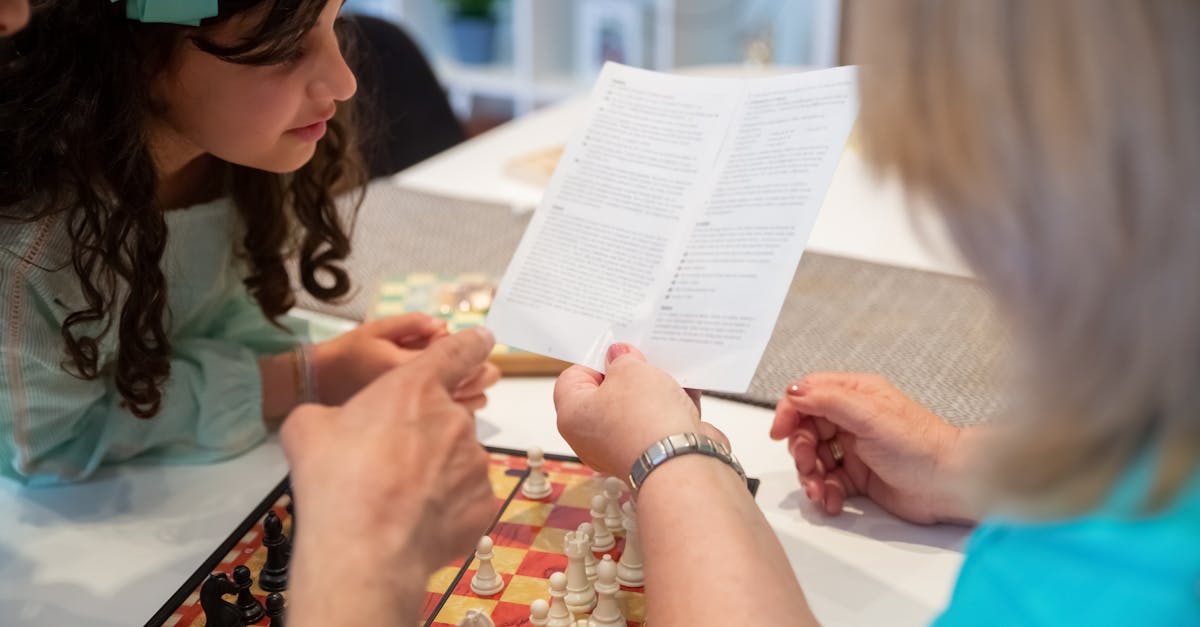Co-parenting can feel like navigating a minefield while juggling flaming torches. It’s a delicate dance where boundaries are crucial for maintaining harmony. Without them, one wrong move could lead to chaos, misunderstandings, and perhaps a few too many awkward family dinners.
Table of Contents
ToggleUnderstanding Co Parenting Boundaries
Co-parenting boundaries define the line between personal interests and parenting responsibilities. Clear boundaries help maintain a stable, healthy environment for children, reducing potential conflicts.
Importance of Boundaries in Co Parenting
Setting boundaries prevents misunderstandings and promotes respect. Respectful communication fosters a cooperative relationship. Consistent rules for children create stability, significantly impacting their emotional well-being. When parents establish guidelines for parenting schedules and decision-making, it leads to greater harmony. Each parent’s input remains valued, ensuring a united front in children’s upbringing.
Common Challenges Faced
Navigating co-parenting challenges requires attention to various conflicts. Poor communication often results in mixed messages for children. Balancing time between two households creates logistical issues that strain relationships. Emotional baggage from the separation can hinder collaboration. Different parenting styles may lead to inconsistency, confusing children. Lastly, dealing with new partners can complicate existing boundaries, introducing additional layers of complexity in the co-parenting dynamic.
Setting Healthy Co Parenting Boundaries
Setting healthy co-parenting boundaries is essential for maintaining constructive relationships. Establishing these boundaries ensures clarity in roles and responsibilities.
Communication Guidelines
Effective communication minimizes misunderstandings. Use direct language to express needs and expectations clearly. Sharing important information about children helps both parents stay informed. Regular check-ins foster openness and collaboration. Text messages or emails can serve as valuable tools for documented communication. Avoid discussing personal grievances during conversations about parenting to keep discussions focused on the kids. Use positive language, emphasizing cooperation rather than conflict.
Time Management and Scheduling
Establishing a shared calendar streamlines scheduling. Both parents should document important dates, including school events and appointments. Consistent routines create stability for children, helping them feel secure. Create a flexible agreement that accommodates changes while maintaining predictability. Setting specific pick-up and drop-off times reduces confusion and minimizes stress. Respecting each other’s time reinforces mutual understanding and cooperation. Prioritizing consistency in schedules significantly benefits children’s emotional well-being.
Maintaining Consistency Across Households
Consistency across households plays a vital role in effective co-parenting. Uniform rules and routines help children feel secure and establish clear expectations.
Establishing Rules and Routines
Setting clear rules in both households fosters a sense of stability. Parents should agree on fundamental rules, such as screen time limits, homework schedules, and bedtime routines. Each home can adapt these rules slightly to fit individual parenting styles while maintaining core essentials. Consistent communication about these rules reinforces their importance. Regular check-ins between parents strengthen understanding and commitment to the agreed-upon routines. Children thrive when they know what to expect, so clear routines ensure smoother transitions between households.
Navigating Parenting Styles
Acknowledging differing parenting styles enhances cooperative co-parenting. Each parent brings unique values and methods, which may complement or conflict with one another. Discussing these styles openly prevents potential confusion for children. Aligning on core principles, like discipline approaches and communication styles, is crucial. When parents respect each other’s methods, children learn adaptability and resilience. Collaborative problem-solving can help merge distinct strategies into a cohesive approach. Creating an open dialogue about parenting will reduce tension and build a more supportive environment for children.
The Role of Professional Support
Co-parents benefit significantly from professional support in navigating challenges. Often, outside assistance provides clarity and direction.
When to Seek Counseling
Counseling offers valuable support for co-parents facing ongoing conflicts or emotional difficulties. When discussions become frequent arguments, seeking guidance can facilitate better communication. Parents may also consider counseling if they experience stress from shared responsibilities, as it aids in managing that pressure effectively. Counseling helps establish healthier dynamics, ensuring that both parents prioritize their children’s well-being above personal disagreements. Engaging a licensed therapist fosters a space for open dialogue and resolution. Regular sessions can serve as a neutral ground where parents discuss co-parenting issues transparently.
Mediation Services for Co Parents
Mediation services present an effective alternative for resolving disputes. These services focus on facilitating communication without escalating tensions. A mediator aids in crafting agreements that work for both parties, ensuring that each parent’s voice is heard. Identifying common goals makes it easier to address challenges collaboratively. Mediators assist in establishing specific, enforceable boundaries that policed each parent’s responsibilities. Regular mediation sessions enhance trust and promote a cooperative relationship. When parents engage with a mediator, they create a more structured environment that encourages stability for their children.
Establishing co-parenting boundaries is essential for fostering a healthy environment for children and minimizing conflicts between parents. By defining roles and responsibilities clearly, parents can enhance communication and create a more stable atmosphere. Consistent rules across both households not only provide security for children but also promote cooperation between co-parents.
Flexibility in agreements, combined with regular check-ins, can further strengthen the partnership. When parents prioritize their children’s emotional well-being and seek professional support when needed, they pave the way for a more harmonious co-parenting experience. Ultimately, setting and respecting boundaries is a vital step toward nurturing a positive relationship that benefits everyone involved.






